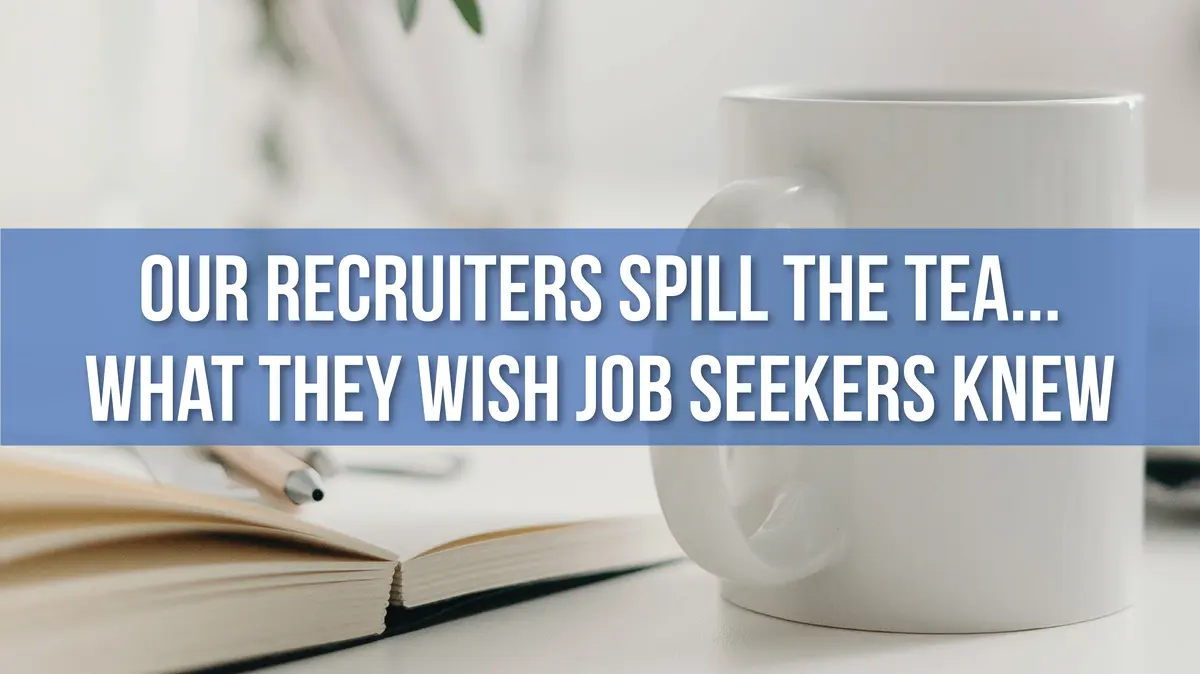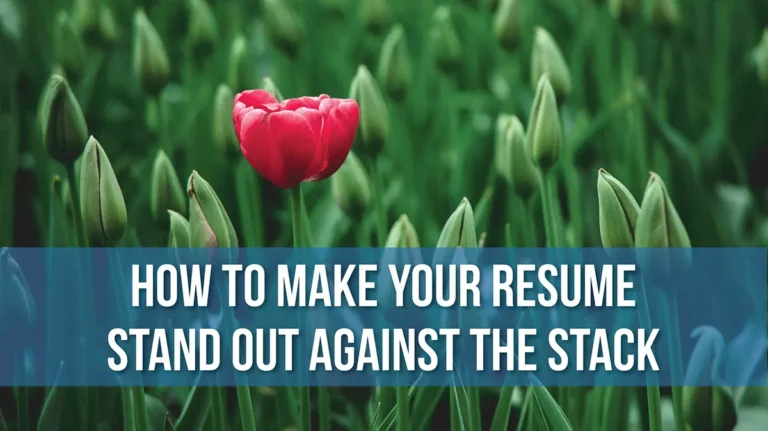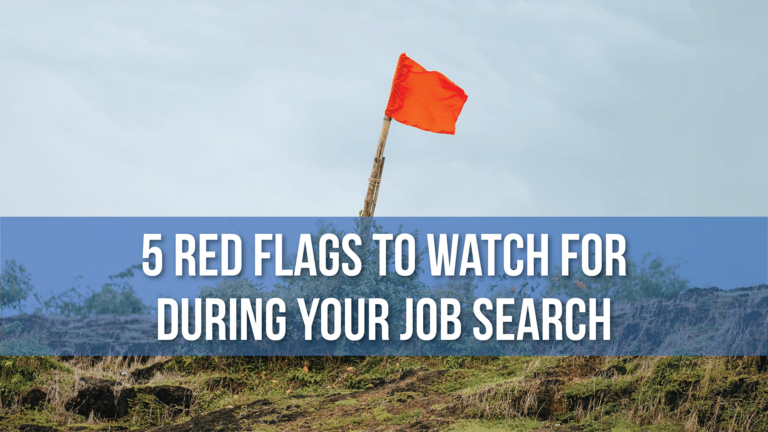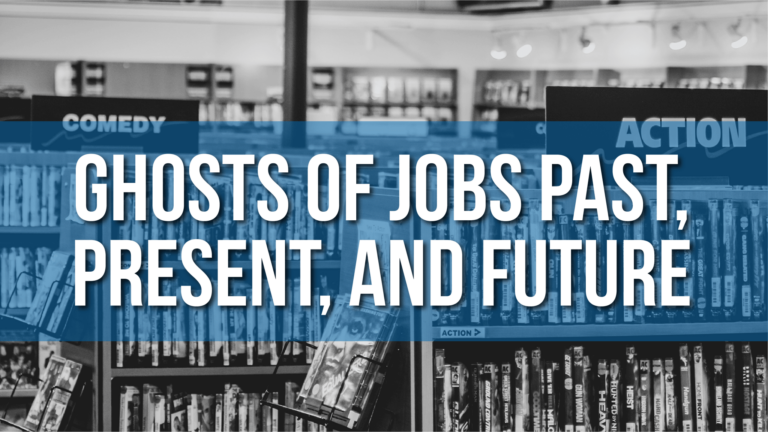Our Recruiters Spill the Tea…What They Wish Job Seekers Knew
As recruiters, we see candidates make the same mistakes over and over again… mistakes that are easily avoided if only they knew how we think and operate.
In an effort to end some of the frustration experienced on job seekers’ side of the hiring process, our recruiters spill the tea on a list of things we wish all candidates knew:
Your resume should answer one key question.
A resume that reads like a series of job descriptions, basically a list of duties and responsibilities, is not only boring but don’t showcase why you’re the best person for the job.
Your resume should answer one key question for each position you list: what did you accomplish that someone else wouldn’t have?
You need to have work experience.
Whether you’re new to the workforce or trying to re-enter it, you need to have some type of recent work experience.
Take on that part-time or temporary position, work the side-gig, do internships (paid or unpaid), or even volunteer work – it all counts toward work experience for your resume.
Yes, there is such thing as too early.
A good rule of thumb is to show up to your interview five to ten minutes early, but no earlier. There are plenty of things you can do right before your interview, but hanging out in the lobby for fifteen minutes shouldn’t be one of them.
And we think it goes without saying that you shouldn’t be late either. If something happens, call to reschedule immediately.
We really do pay attention to everything.
We notice if you’re polite during your interview but rude at the front desk. We also notice when you’re professional in person, but too casual on the phone. And we definitely notice all those typos in your carelessly written email responses that took you a week to send back.
All of these seemingly small details paint a larger picture of who you are, and how you’ll conduct yourself on the job – all of which influence our hiring decisions.
We honestly want you to be completely honest.
Being honest and transparent about your strengths, weaknesses, skills and even availability gives recruiters a glimpse of the real you, which helps us to make informed decisions about how well you’ll fit in a certain job.
If you’re honest and just not a good fit for one position, we’re still going to work hard to find something that might be the right fit for you. If you’re dishonest about something… you’ve landed yourself in the permanent NO pile.
We need to know your real weaknesses.
Claiming that your biggest weakness is working too hard comes across as a disingenuous deflection. You demonstrate a lack of insight and self-awareness if you can’t or won’t come up with a realistic area for improvement.
We’re not trying to trip you up by asking but rather, are trying to make a true assessment of whether you’re a good fit for the position.
We actually want you to ask questions.
We promise we aren’t trying to trick you when we ask if you have any questions. While we don’t recommend asking about how many vacation days you’ll get, asking relevant questions shows you’re genuinely interested in the job.
Just don’t ask questions the company website or a quick Google search could answer, this shows a lack of research and interest.
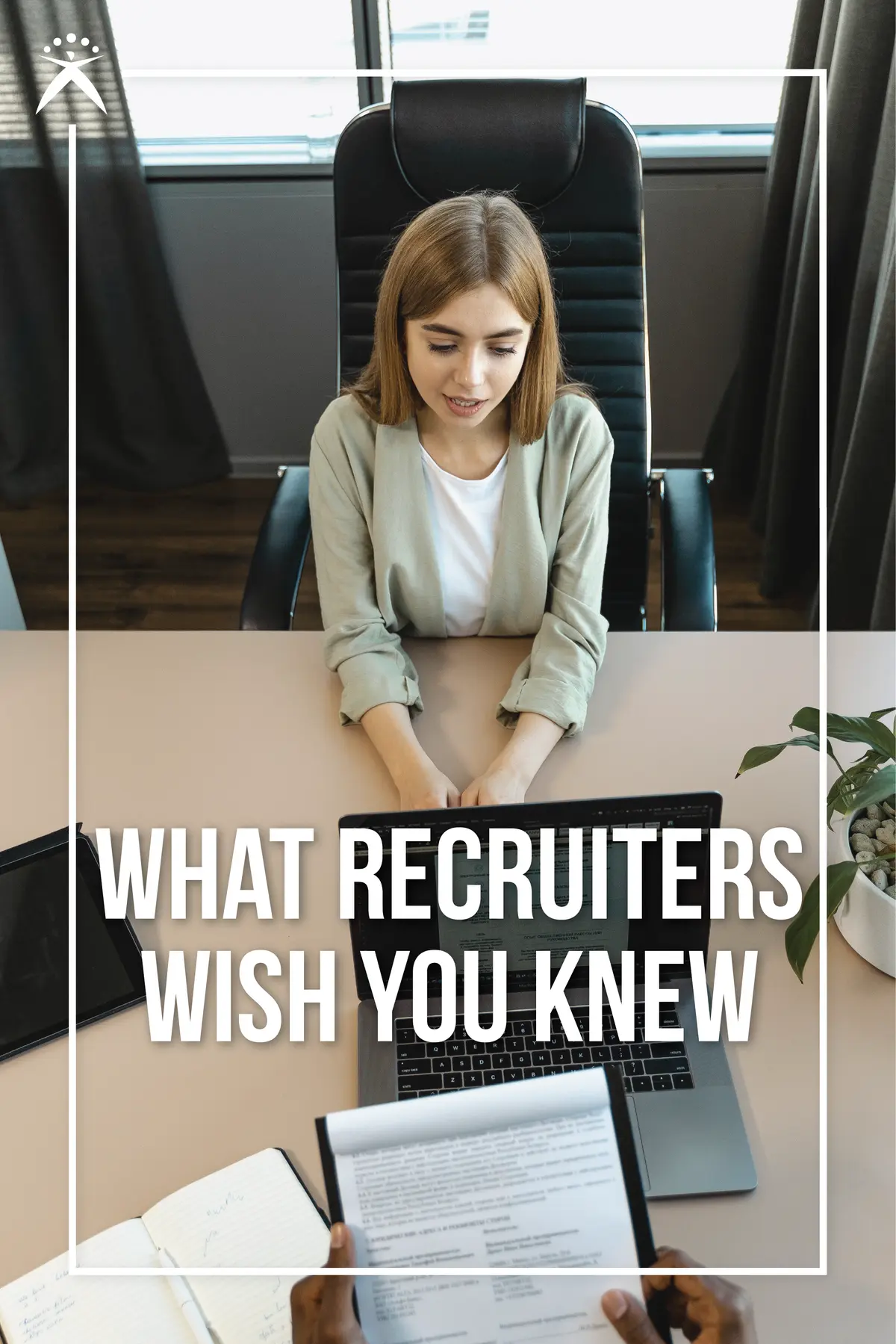
A phone or video interview is not a casual chat.
A phone or video interview is still an interview, and should be treated just as formally as you would an in-person interview.
We’re still trying to get the same information and have the same conversation as we would in person, so don’t treat it like a casual chat with your best friend.
There is such a thing as talking too much, or too little.
An interview is a two-way conversation where you and the recruiter are both trying to determine if you’ll be a good fit for the job position.
Talking too much may raise doubts about your ability to convey information quickly while talking too little may signal you’re not that interested in the position.
Enthusiasm is great… desperation is not.
You won’t look desperate expressing your interest in the position, or checking in to ask about the hiring timeline or next steps in the process.
Your enthusiasm crosses the line into desperation when you email us every day or call earlier than the date we said we’d get back to you by.
We really don’t like being stalked.
Enthusiasm is a good thing to have in your job search, but crossing the line from enthusiasm to obnoxiously aggressive can quickly kill your chances at a job offer.
If you’re doing any of the following, you’ve crossed that line: checking on your application status daily, calling over and over, or emailing multiple times a week about the same position.
You shouldn’t count on our job offer.
No matter how confident you are that an offer is coming, don’t let up on your job search until you have the offer firmly in place.
Ultimately, you can only control your side of the process. Sometimes things change with the position or it get canceled, or other candidates come along, so keep setting up those other interviews until you actually get the job offer.
We genuinely care about our candidates.
Just because we don’t have a job for you right now doesn’t mean we don’t care about your job search, it just means that we don’t have a job that’s a good fit for you yet.
Some things are out of our control and we do have obligations to fulfill for our business clients, but that doesn’t mean we don’t care and won’t do our very best for you.
As recruiters, we see a lot of applications and interview a lot of candidates, and we see the same mistakes made over and over again. These are things we wish every job seeker knew. Not only help in their job search and help us make the best hiring decisions possible, but also to alleviate some of the frustration caused by not realizing some of the mistakes they’re making.

